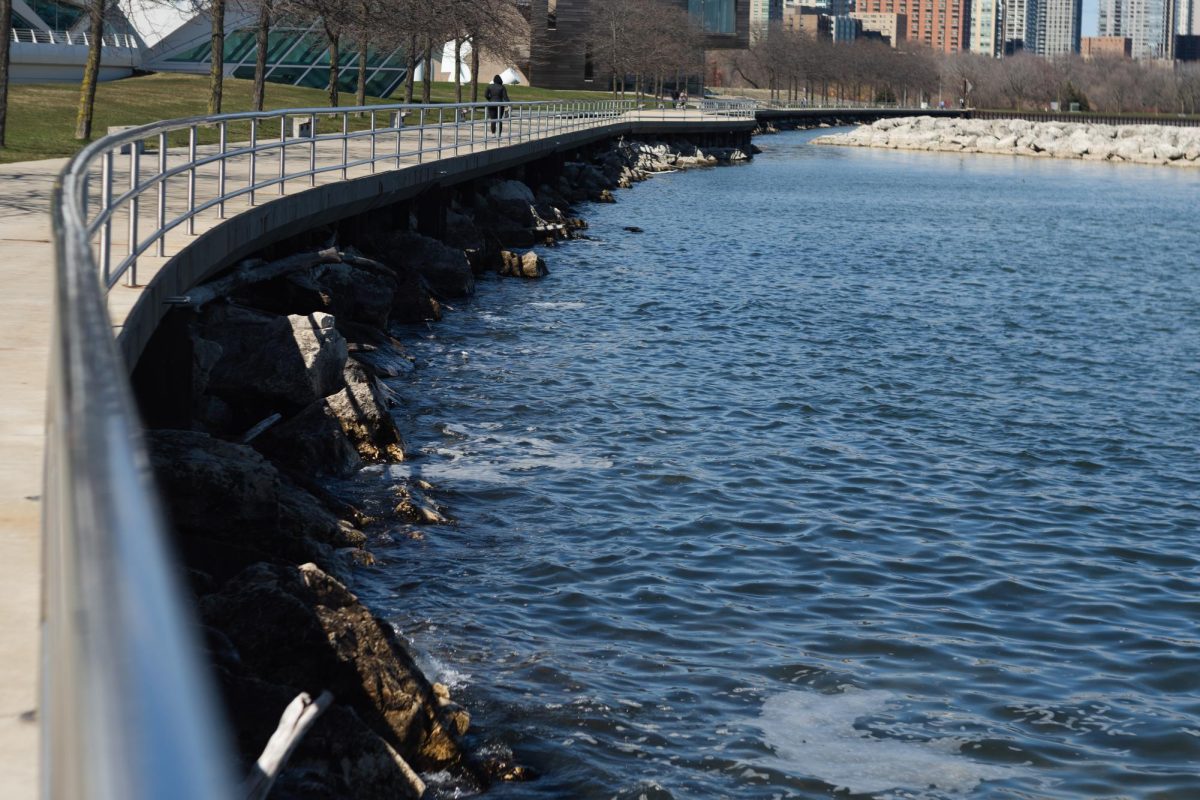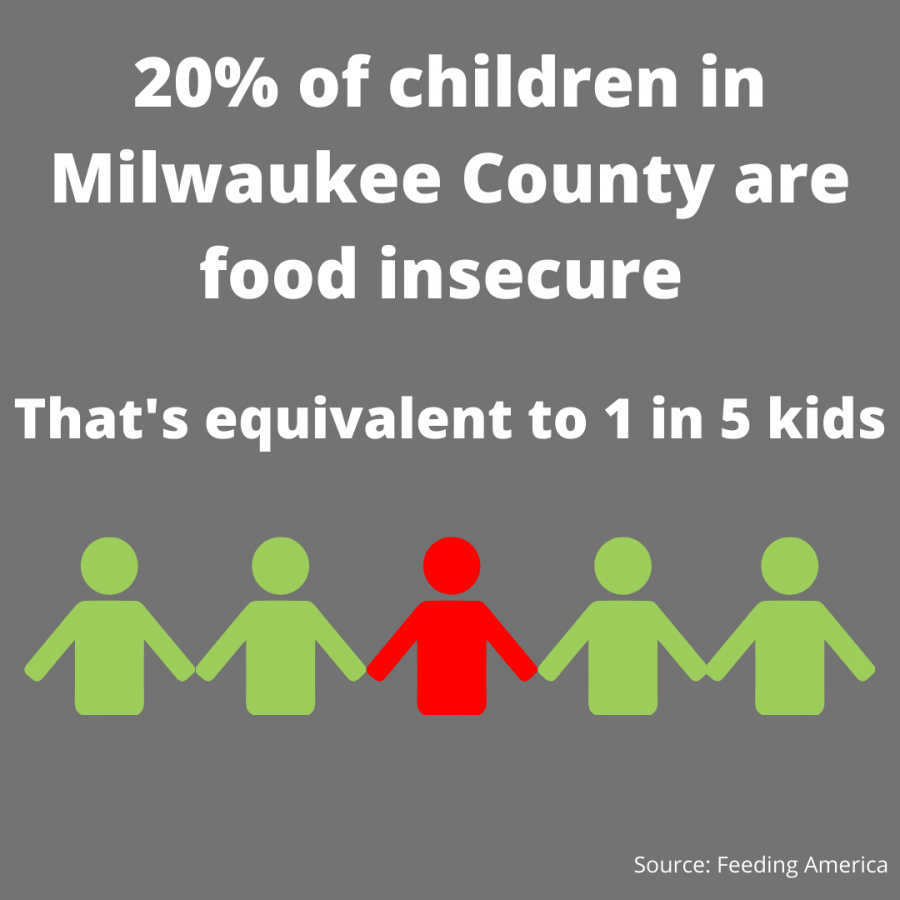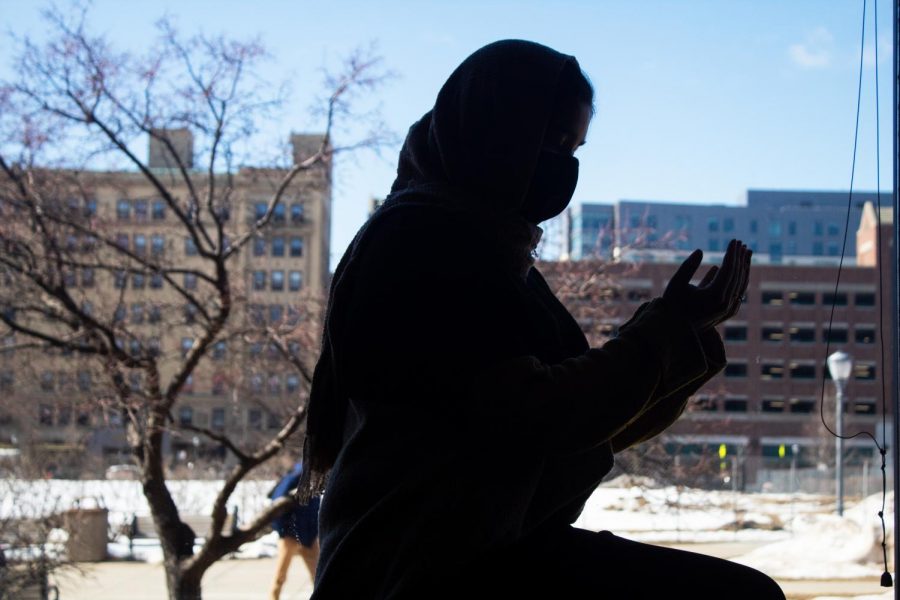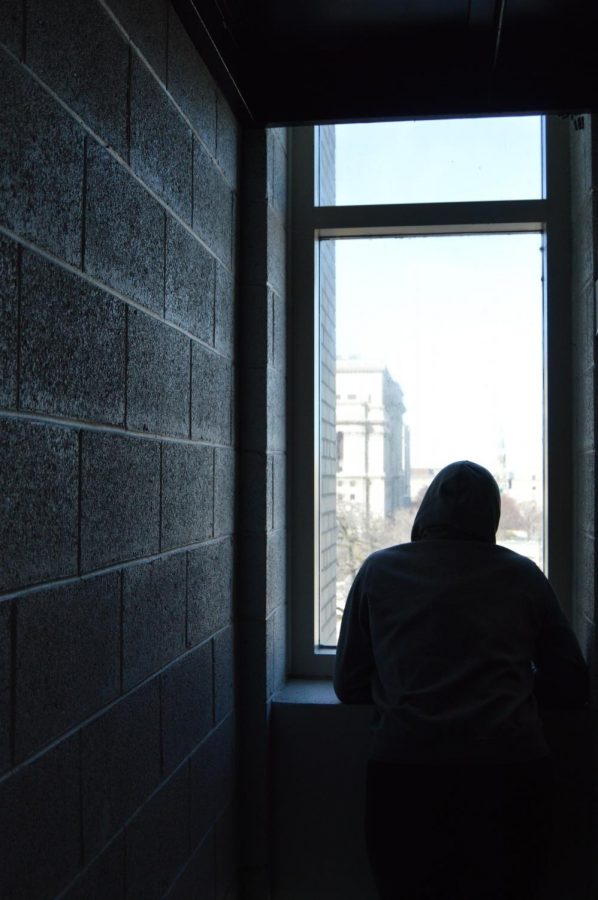I would like to preface this piece by saying that the conflict between Pakistan and India is much larger than I will be able to explain here. I would urge everyone to do research and find out more to become educated on this important issue.
Since the founding of Pakistan and India, the two countries have been in constant disagreement with one another due to religious and political differences. Sometimes the divisions do not escalate into conflict. Other times, the disagreements become heightened, resulting in violence and the deaths of innocent civilians as seen through various historical conflicts, such as the India-Pakistan War of 1965 and a cross-border conflict in 2018.
The latter is happening right now. The tension between India and Pakistan is at such a high state that innocent civilians’ lives are being disrupted.
India is oppressing the people of Kashmir, a geographical region in the northernmost region of Pakistan and India. It is a historically disputed territory that has faced problems due to the disagreement about the region’s independence.
On Aug. 5, India repealed Article 370 of the Indian Constitution. The article granted Kashmiris the right to self-governance and was served as a source of stability in an unstable region.
Article 370 was in effect since the inception of India in 1947, but Indian Prime Minister Narendra Modi revoked it to bring perceived equality with India. In reality, the action brought about a new wave of suppression for many Kashmiris.
India is currently occupying the region after 900,000 Indian troops deployed to invade and occupy Kashmir Aug. 5. Political leaders and freedom activists are being suppressed and arrested. Women are being raped. Young boys have been kidnapped. Schools, hospitals and places of worship have been all forcefully shut down. A curfew is in place, restricting people from leaving their own homes.
Global awareness of this situation is especially critical to help the innocent Kashmiri civilians, but their voices are currently completely silenced after Indian occupying forces cut off phone networks and Internet connections. Because of this, families are not able to know if their relatives are safe and sick people have no way of being treated or accessing medicine.
People need to pay attention to the overwhelming number of people who could suffer from violence under increased army occupation from either side. The two countries both fall in the global top six of countries when ranked by population. India’s population is 17.35% of the entire world’s population while Pakistan holds 2.59%. Combined, that is 1,448,180,000 individuals.
We must remember to have empathy when others are being suppressed by a larger force. Too many people are at risk of dying, and it is our duty as human beings to care for one another’s basic rights. Although these two countries are halfway around the world, it is pertinent that the people of the United States still care and raise awareness of the conflict.
Furthermore, an escalated conflict between Pakistan and India can have potentially damaging effects on every person on Earth. Pakistan and India both possess nuclear forces — each has 140 to 150 weapons combined. Although the explosions would be localized to either country if the weapons were used, it would have climate ramifications to countries close to both and eventually the entire globe. An estimated 20% to 50% of the ozone layer would be eliminated, and the Earth’s surface temperature would drop for years, according to an American Geophysical Union study. This could result in a global nuclear famine, causing direct losses in crops and fish.
The radioactive chemicals from the debris of a nuclear explosion could stretch for hundreds of miles, resulting in many more people being harmed than intended. Nuclear attacks also have the possibility of placing surrounding structures on fire especially in an urbanized, industrial area such as densely populated cities like Mumbai or Karachi. The spread of fire would result in a firestorm, tearing down everything in its path and creating effects just as terrible as the original explosion.
The copious amounts of smoke would stay in the atmosphere for decades and eventually rise to the stratosphere. The smoke aerosols would spread across the globe and burn the ozone layer. The Earth would be much more susceptible to radiation from the sun and make the population more susceptible to the disease. Economic impacts could also take place since India is such a huge trade market. Those who trade with the country will experience high raw material prices and higher costs of goods. Companies with outsourced departments in the countries would suffer exponentially.
These are just some of the harmful effects that would result in a war between two nuclear weapon-holding countries. More people must be aware of what is occurring beyond their national borders and help those in need. Humans must show empathy for others in distress no matter how it could eventually affect them. If this does not happen, situations like the one in Kashmir will bring catastrophic results for all.
Kashmir continues to be in a state of unrest, and many innocent people have died fighting for their basic human rights. We must continue to spread the story for those who cannot.












